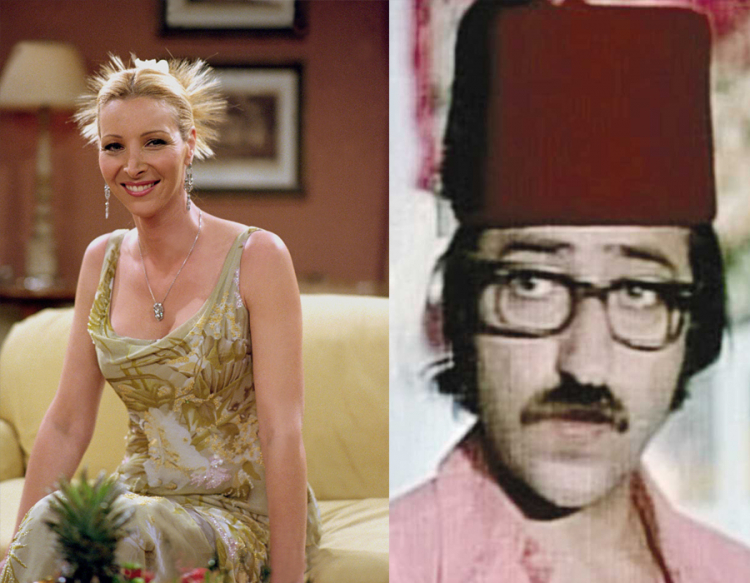It was by mere luck that I came across a page on Friends’ fictional character Phoebe Buffay on Wikipedia (Ok, I admit, I was searching for Smelly Cat the song, just for fun!). I looked at the page, and in one second, I decided to write this short post on the status of Arabic content online.
The detailed Wikipedia page (here) lists almost everything about the character, with links to which episode a certain event happened, and 20 listed references to give the article high credibility. I thought to myself: But this is Phoebe Buffay! I mean, regardless to what one may think about the successful sitcom (personally, I prefer more sophisticated series such as Frasier or Scrubs), but the person or people who wrote this article surely took a lot of their time and creativity to come up with this near perfect 6000 words article on a topic that only impacts a certain category of readers.
I decided to compare this with similar Arabic Wikipedia pages. Here is what I found out:
Ghawar Al Tousheh:
Arabic Wikipedia page: This link.
Ghawar was a fictional character played by Syrian actor Doreid Lahham for over half a century. The character has great cultural influence in the whole Arab world. Wikipedia page: 208 words lacking even a photo of the actor, not to mention some of the most basic information such as when the character first appeared.
Bakeeza wa Zaghloul:
Arabic Wikipedia page: This link (the movie) and this link (the TV series)
The two comedy characters were played by Egyptian actors Soheir Al Babeli and Isad Younis in a movie and a TV series, and left quite an impact on modern Egyptian culture. Wikipedia page: 160 words about the movie and less than that about the TV series, with no interesting details whatsoever, and no dedicated page for the characters themselves.
Joudeh Abu Khamis and Asaad Kharshouf:
Wikipedia page: None existing at the time of writing this post.
The two highly successful characters were played by Syrian actors Basem Yakhor and late Nidal Sejari. Over two years, the Series “Di’a Day’a – A Lost Small Village” in which the characters appear left a huge cultural impact all over the Arab world. Although there is a relatively ok Wikipedia page on the series itself (here), there is nothing at all on the characters.
To broaden the comparison, I decided to check Arabic Wiki pages on real characters that played important roles in the history of the Arab World. I tried late Algerian President Mohamad Bodiaf, Syrian late Minister of Defense Yousef Al Azma, Egyptian diva Um Kulthoum, Syrian legendary writer Mohamad Almaghout, Muslim School of Philosophy and large group of philosophers Ikhwan AL Safa, Spiritual father of all Jihadi groups Abdulla Azzam, and Sudanese communist leader Abdulhkalik Mahjoub, all pages turned out to be more than disappointing.
So I can safely conclude that if none of the above characters from various domains who have huge (positive or negative) influence on Arabic cultural and political life does not have a Wikipedia page that may remotely fare against that of a fictional character like Phoebe Buffay, then Arabic digital content is in urgent and critical need of enhancement.
On behalf of House of Content, I would like to take this opportunity to call on all Arabic content writers to unite in an initiative to enhance Arabic content online. House of Content is prepared to sponsor and manage such an initiative, once joined by highly esteemed individuals and organizations in this filed.





